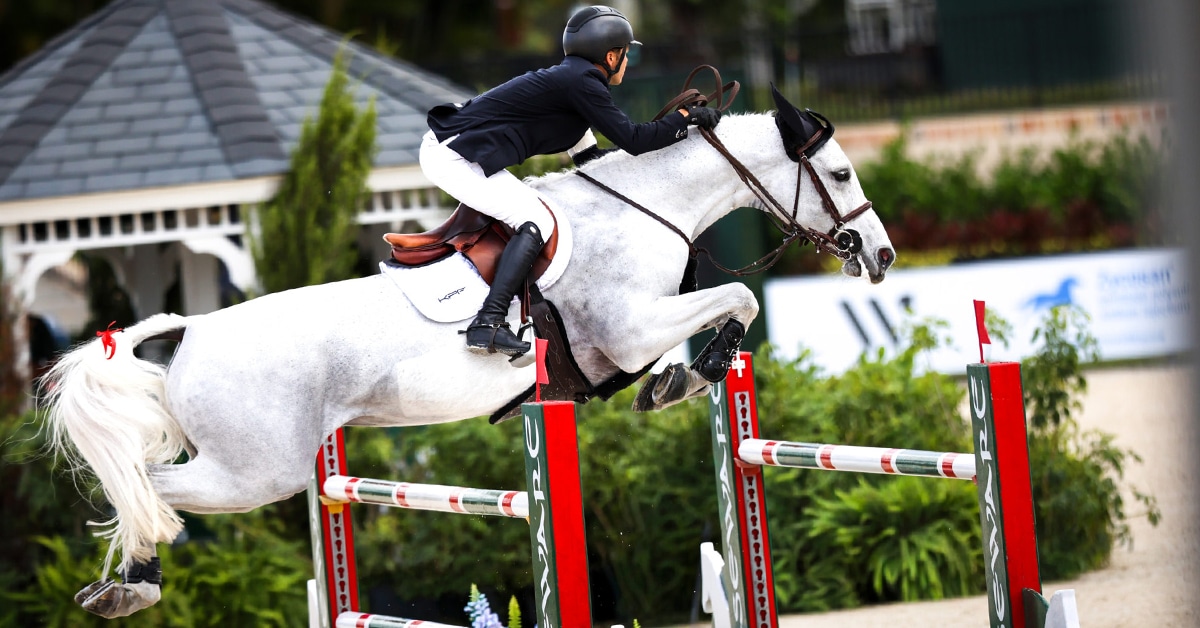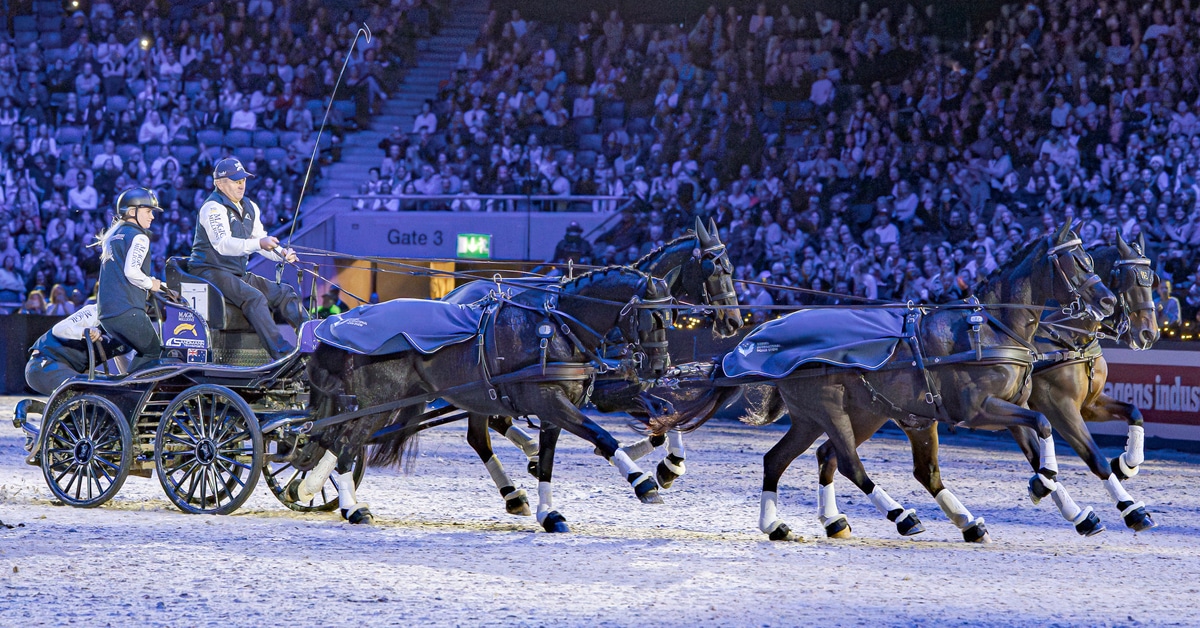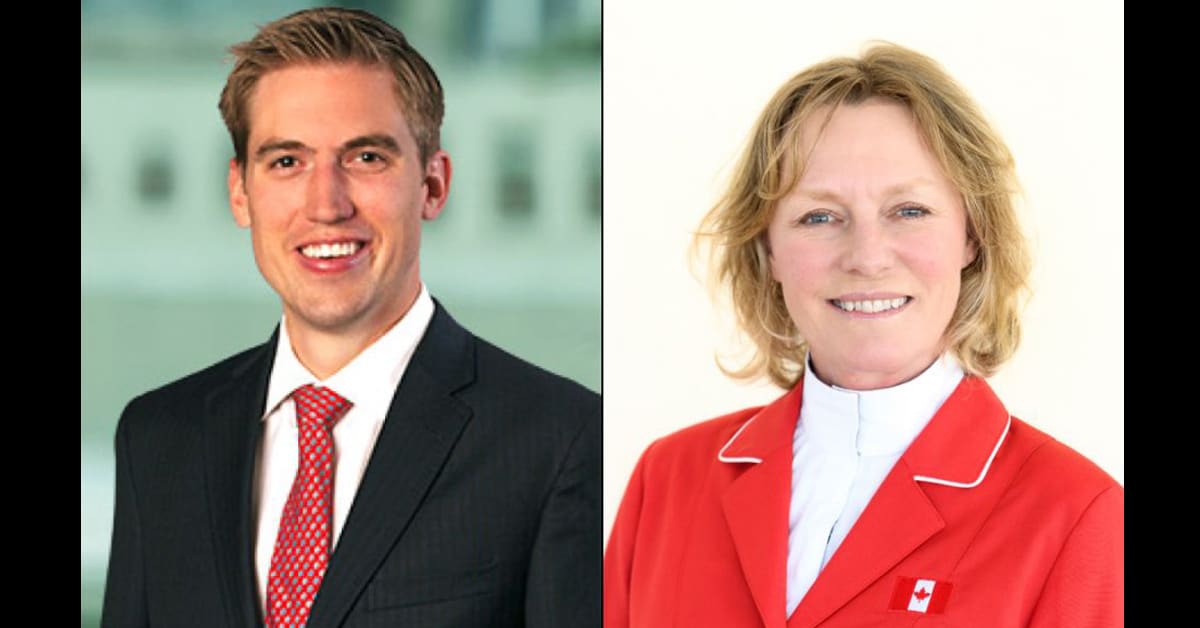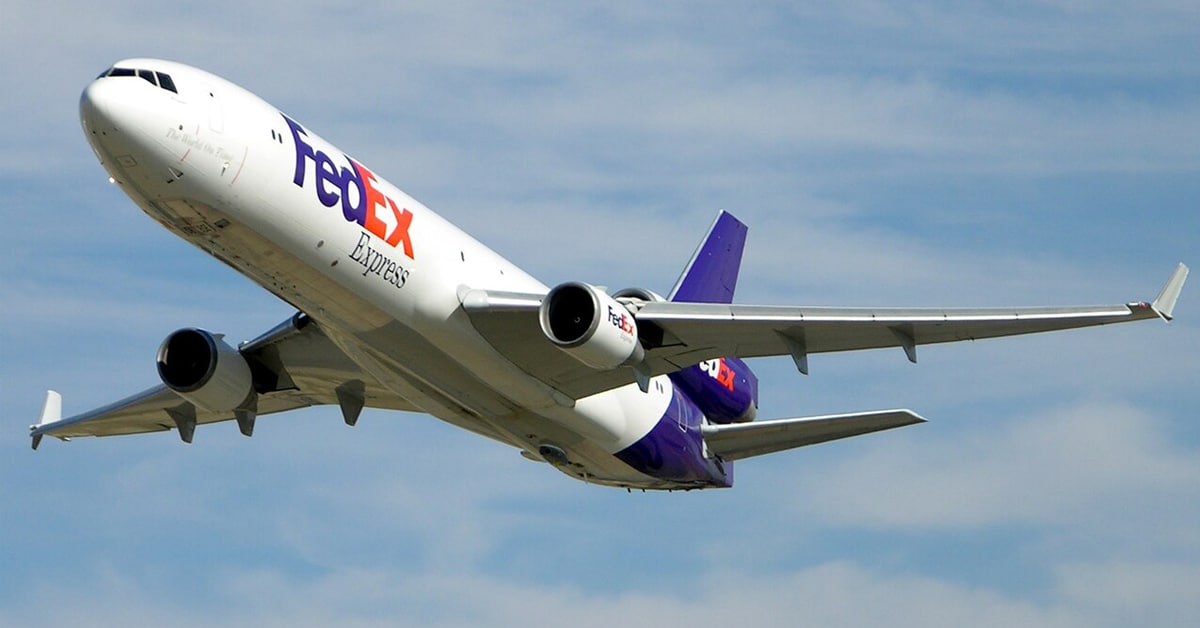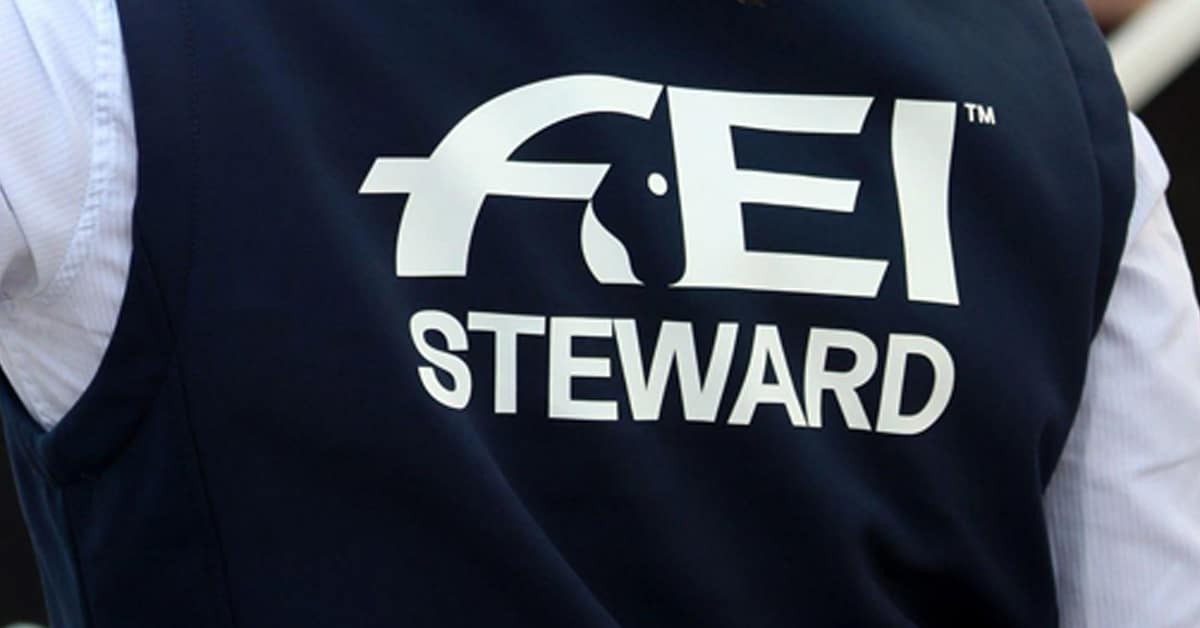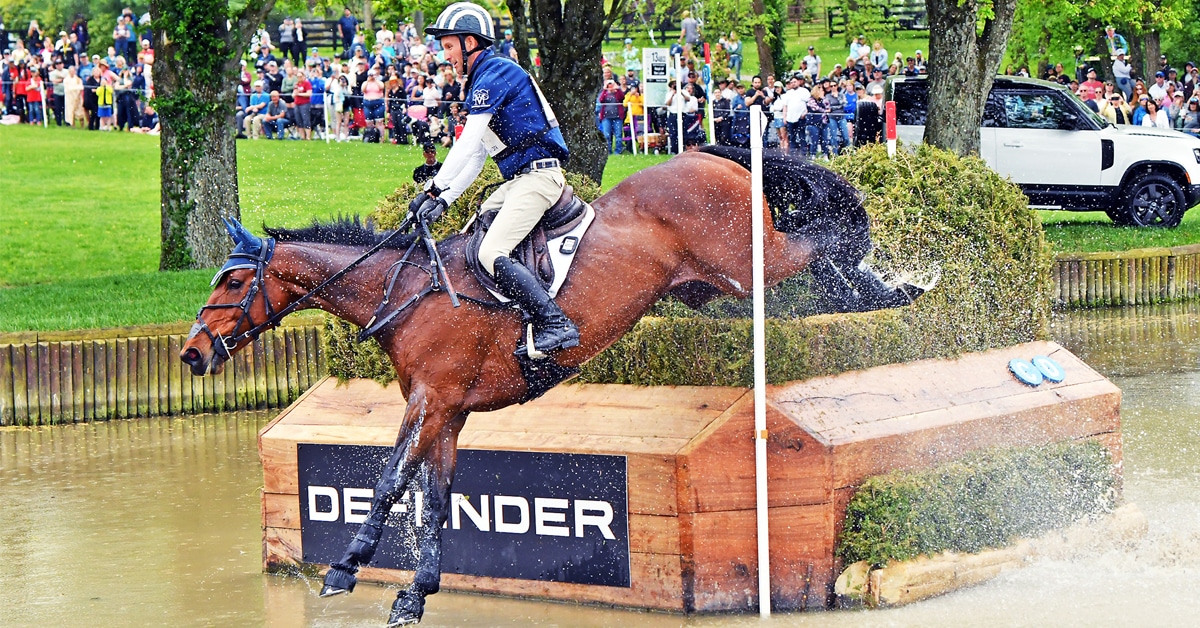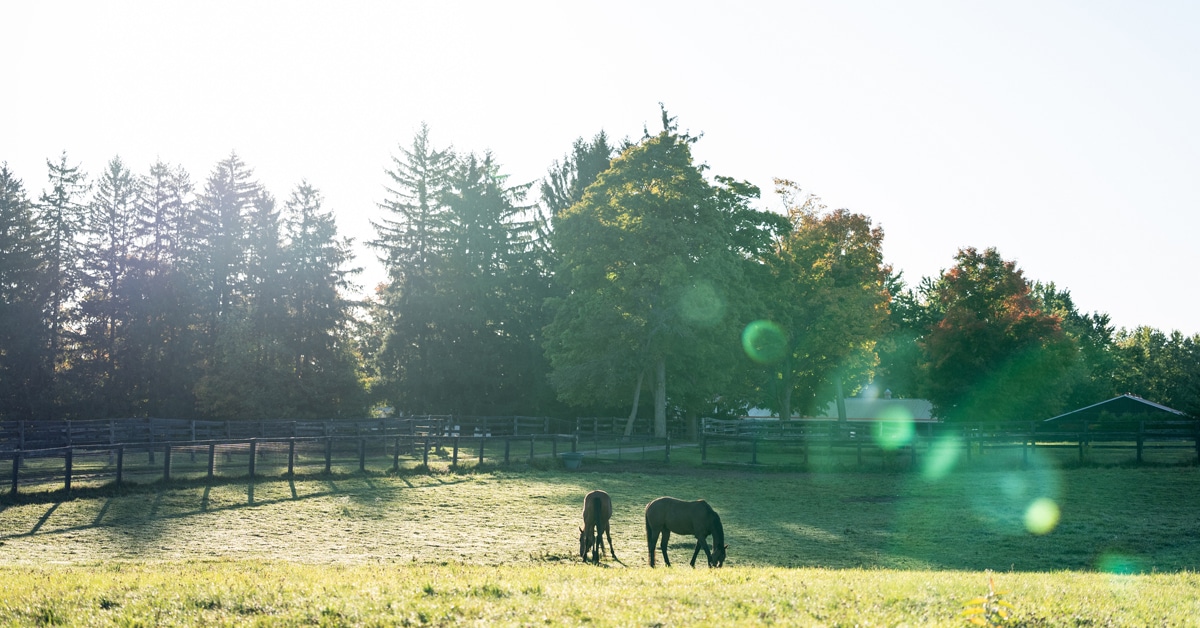Galway Downs, Temecula is not, after all, confirmed as the horse park for the 2028 Olympic Games in Los Angeles, and there is still no final confirmation that eventing will be included; that is incumbent on the cross-country being staged at the same venue as the other disciplines.
This unexpected news was delivered during the multi-topic 2025 FEI Sport Forum in Lausanne earlier this week.
Temecula, 80 miles south of downtown LA, appeared to have ticked all the IOC’s boxes in an announcement last summer, having already replaced the initially mooted Sepuldeva Dam recreation area that is within the city environs.
But FEI president Ingmar de Vos said: “The venue has not been finalized. The Organizing Committee is still evaluating options — climate, cost, logistics — all under IOC guidelines that stress cost efficiency. They’re finalizing cost calculations and will present a proposal to the IOC Executive Board by 9 April. We are not the only sport under review, so patience is key.
“We are in permanent contact with the Los Angeles organizing committee about this – everything’s going in the right direction, but we are under a non-disclosure agreement so we can’t say anything.”
FEI secretary-general Sabrina Ibáñez added: “Jumping and dressage are confirmed. Eventing is confirmed on the condition that all three phases happen in one venue. No cross-country, no eventing — that’s our red line. We’re also factoring in cost efficiency, and the IOC Programme Commission is meeting right now. We’re awaiting final confirmation.”
Riders have previously expressed some concerns about the temperature in southern California. US jumper Karl Cook revealed that throughout the Paris Olympics – staged over equivalent dates – he monitored the temperatures in Temecula. The “coldest” day was 38 deg; even at night it was 35 deg. “It hot. Like, really hot,” he said.
The FEI is also awaiting confirmation of its quota of competitors – it hopes for 200, as in previous Games – and the number of medal events. That leaves a question mark over whether there will be continue to be team and individual competitions in all three sports.
The Sport Forum meanwhile pressed on with discussing changes to the LA qualifying system, on the basis that 2028 will run with teams of three and no drop-score. This is still the preferred way to ensure as many flags are represented as possible.
Ingmar De Vos said “Let’s not repair what is not broken.”
The International Jumping Riders Club has continued to lobby for reinstatement of four to a team with dropscore, at least in the first round of the jumping. This seems unachievable for 2028 – but De Vos added that as the FEI is a democratic organization, he would not rule out discussing it for Brisbane 2032.
“Practically [teams of four] would be extremely difficult,” he said. “The qualification system is built around teams of three. Changing to four would impact quotas, flags, and media value — and that affects IOC decisions. So for LA 2028, it’s very unlikely. But for Brisbane 2032? That’s a different conversation.”
In one major change: any country that qualifies a team, but then fails to achieve the Minimum Eligibility Requirements (MERs) will not longer have the automatic right to send an individual rider instead to the Games. All individual places must now be earned on merit, through rankings points or regional events.
FEI deputy legal director Aine Power stressed that securing a team place was only a first step in a long process. “Just because you have the quota place in your hand doesn’t mean your athletes have met the MERs,” Power reminded federations. “Three distinct phases: qualify, confirm, and achieve.”
Other moves that appear aimed at preventing riders from obtaining a MER at a substandard competition include the new eventing requirement that any country wanting to stage a 4* MER qualifier in 2027 must have hosted a 4* in 2026.
There was some consternation that, in jumping, the Barcelona teams final will no longer be an Olympic qualifier. Those two slots now be passed to the 2026 World Championships, which gives it seven in all. FEI director of jumping Todd Hinde said this was fairer, bearing in mind the FEI Nations Cups series has changed since it became the Longines League of Nations (LLN,) with shows events and limited to 10 countries.
Quentin Simonet, second vice president of the European Equestrian Federation, remarked: “Does this not reflect on how the FEI is promoting its own flagship series? For the marketing of LLN this is not the best way to promote the product.”
More News
